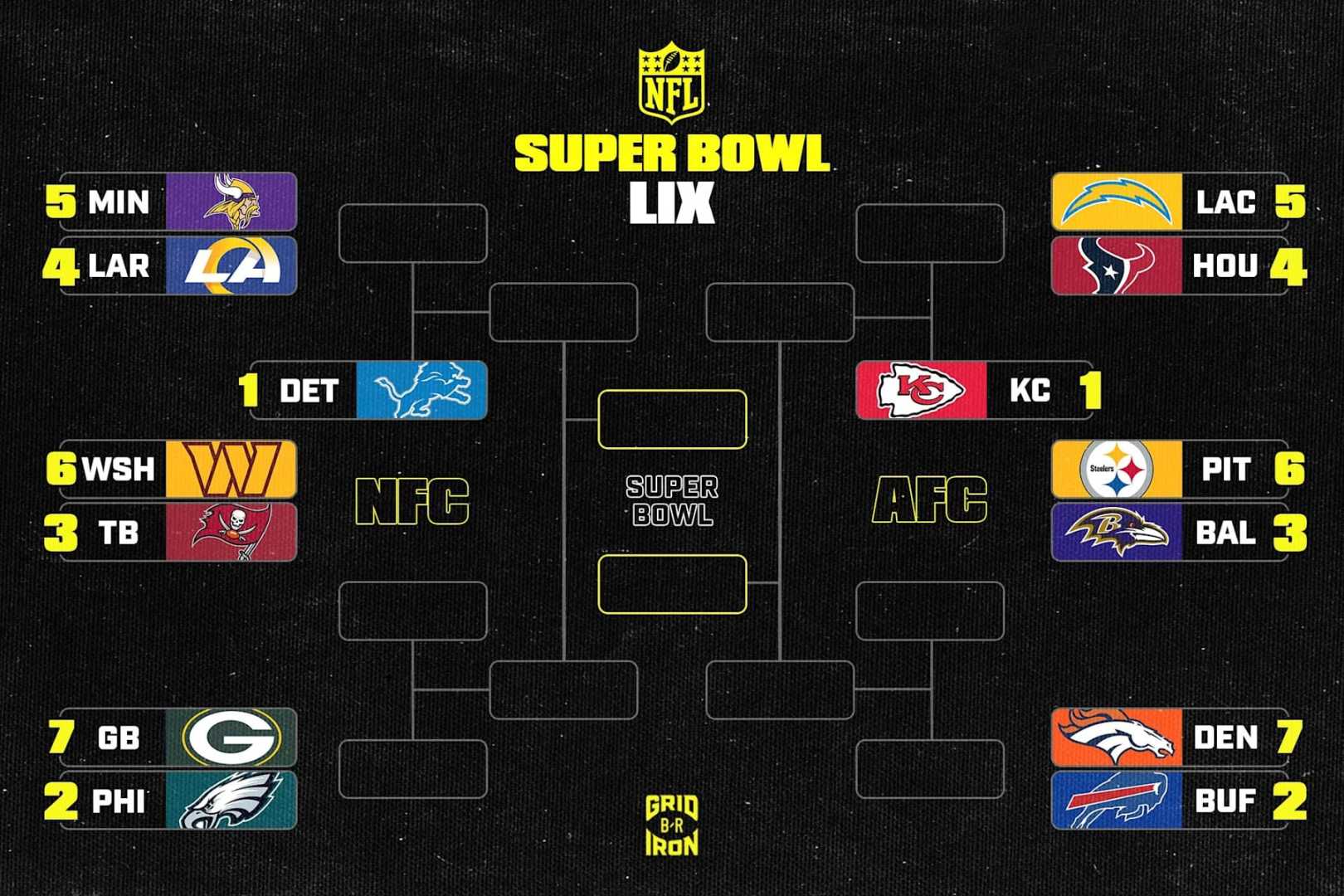Sports
NFL Owners Approve Overtime Rule Change for 2025 Season

Palm Beach, Fla. — NFL owners voted unanimously on Tuesday to implement a significant change to the league’s overtime rules for the 2025 season. The new rule ensures that both teams will possess the ball in regular-season overtime, aligning it with playoff regulations, while maintaining a maximum overtime duration of 10 minutes.
The decision was made during the NFL’s annual owners meeting held in Palm Beach, where the urgency to address long-standing rules surrounding overtime was a primary focus. The change aims to enhance fair play and reduce controversy surrounding game-deciding possessions.
Previously, under the old rule, if the team winning the coin toss managed to score a touchdown on its initial possession, the game ended immediately. This led to an imbalance of opportunities, as evidenced by the 2024 statistics, which showed the team winning the overtime coin toss had a success rate of 12-4, with an average of 11.6 plays per overtime period and a first-drive touchdown percentage of 37.5%.
“This change reinforces our commitment to fairness and providing both teams the chance to compete for victory,” said NFL Commissioner Roger Goodell. “Fans want to see their teams have an equal opportunity to win during crucial moments.”
The original proposal, brought forward by the Philadelphia Eagles, initially suggested extending the overtime period to 15 minutes to further minimize the likelihood of ties. However, this aspect was ultimately not included in the finalized rule, in part due to safety concerns that led to the reduction of regular-season overtime from 15 minutes to 10 minutes in 2017.
In addition to the overtime rule change, NFL owners approved an expansion of replay assist, giving officials greater authority to utilize video evidence in making accurate game decisions. This modification is expected to address more nuanced and specific aspects of officiating in real-time.
Notably, a proposal from the Detroit Lions regarding the elimination of the automatic first down for defensive holding and illegal contact penalties did not pass, indicating the complexity of the rule change process and the challenges faced when attempting to modify existing regulations.
As the NFL prepares for the new season, these changes are poised to influence how games are managed, and they reflect a broader trend towards enhancing competitive equity within the league. Owners emphasize the ongoing dialogue around rules and the intent to cultivate a fairer game for players and fans alike.












